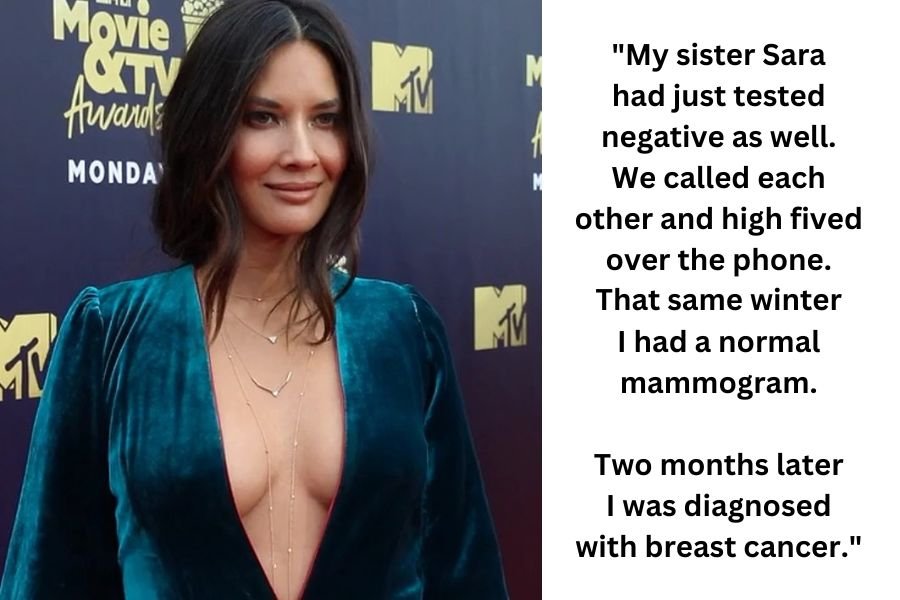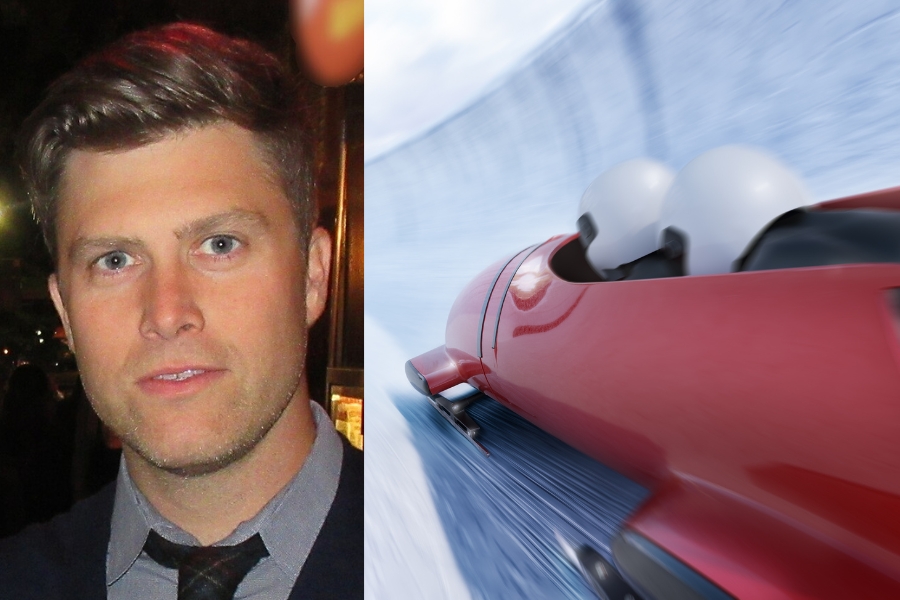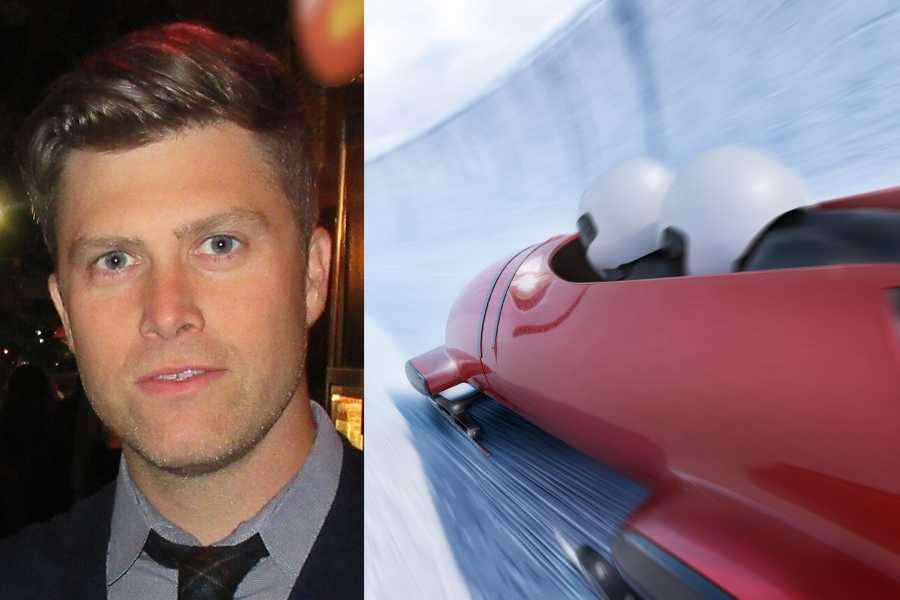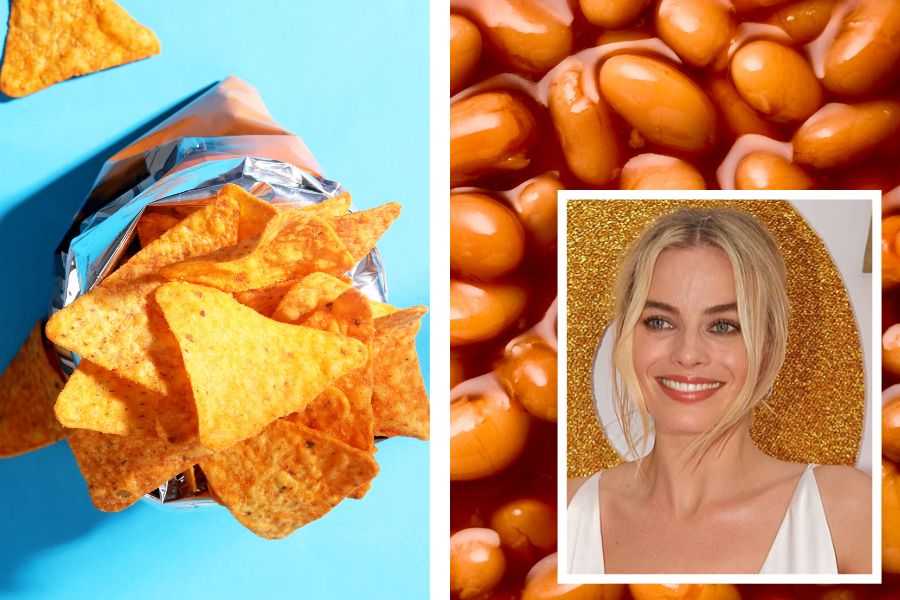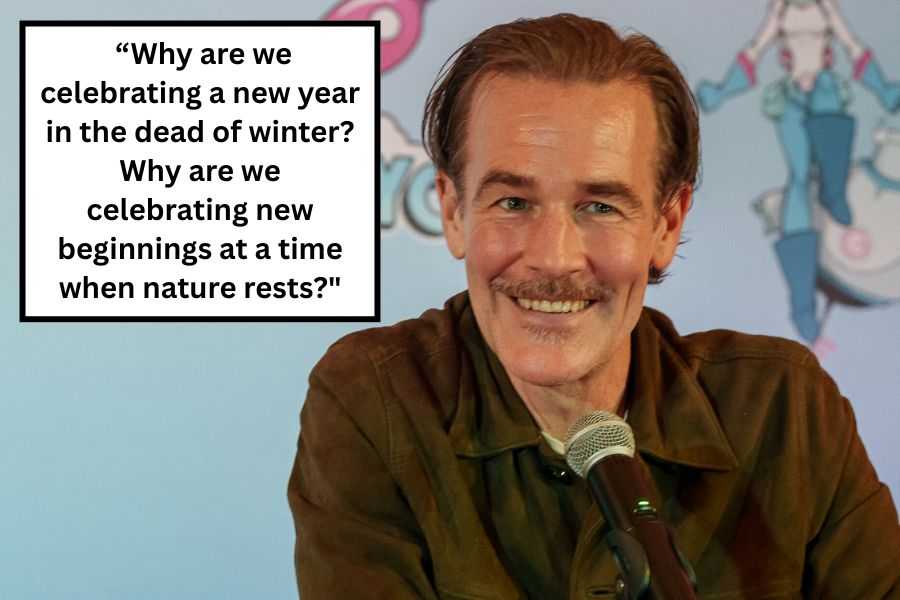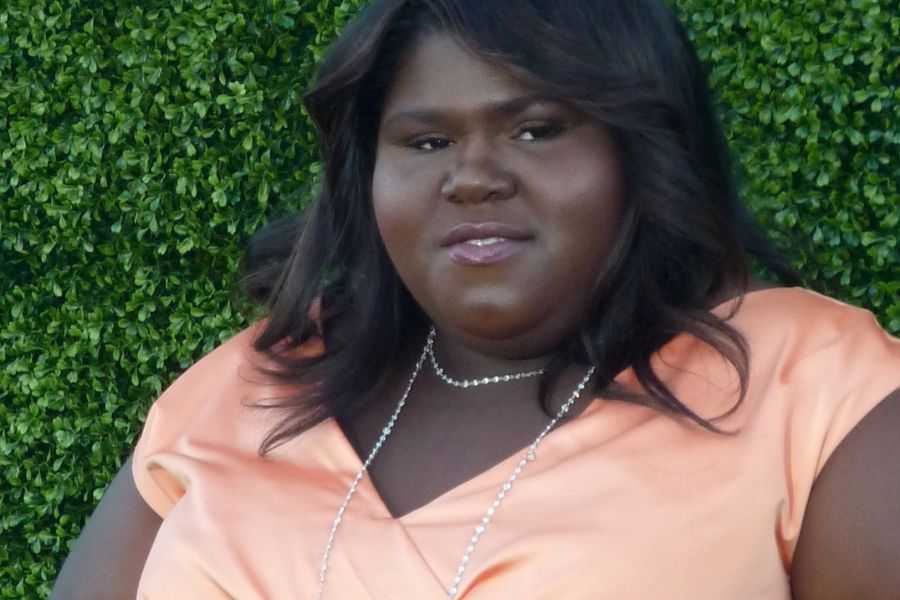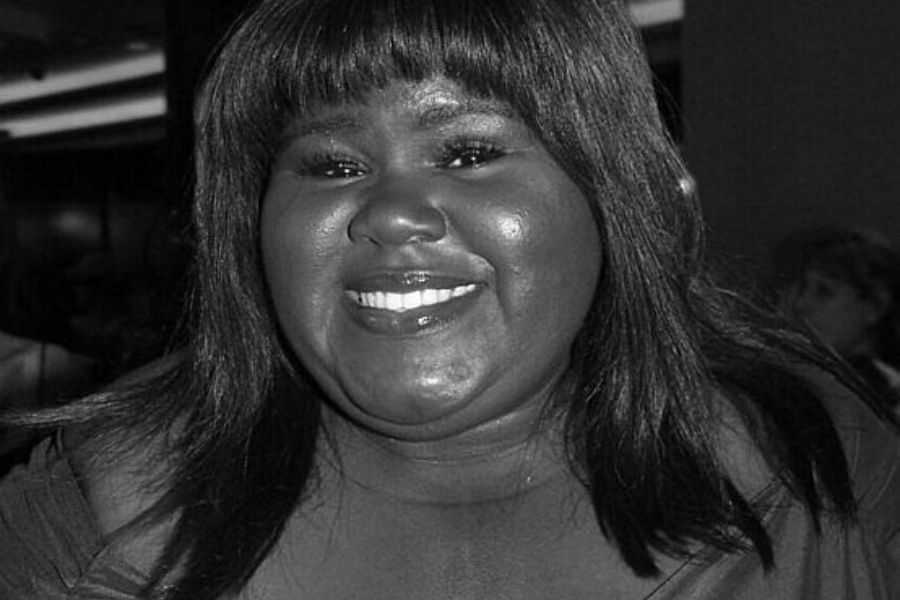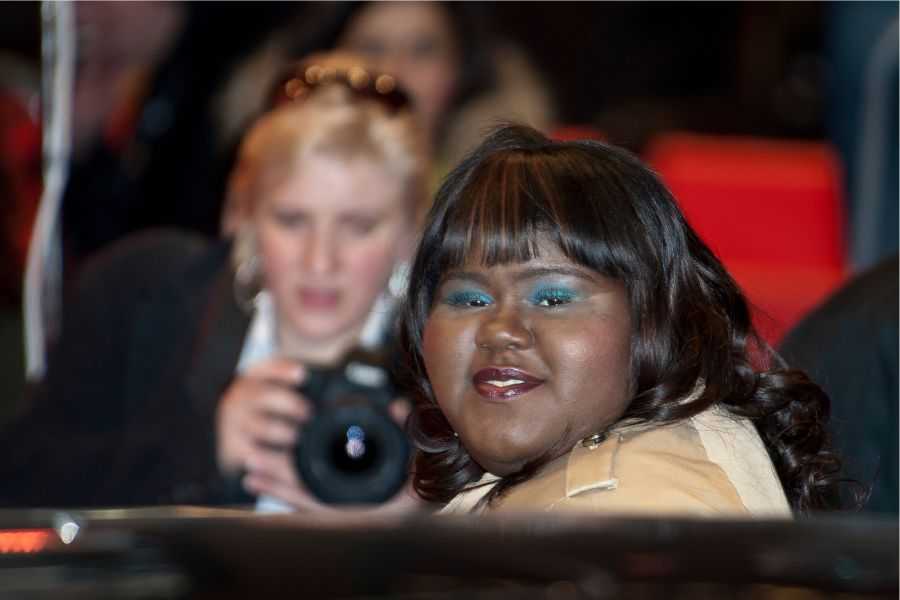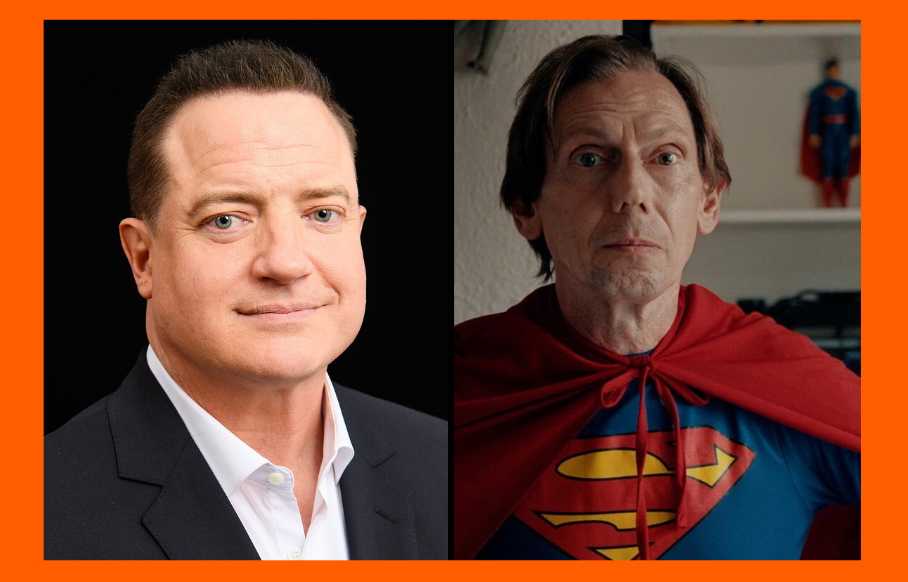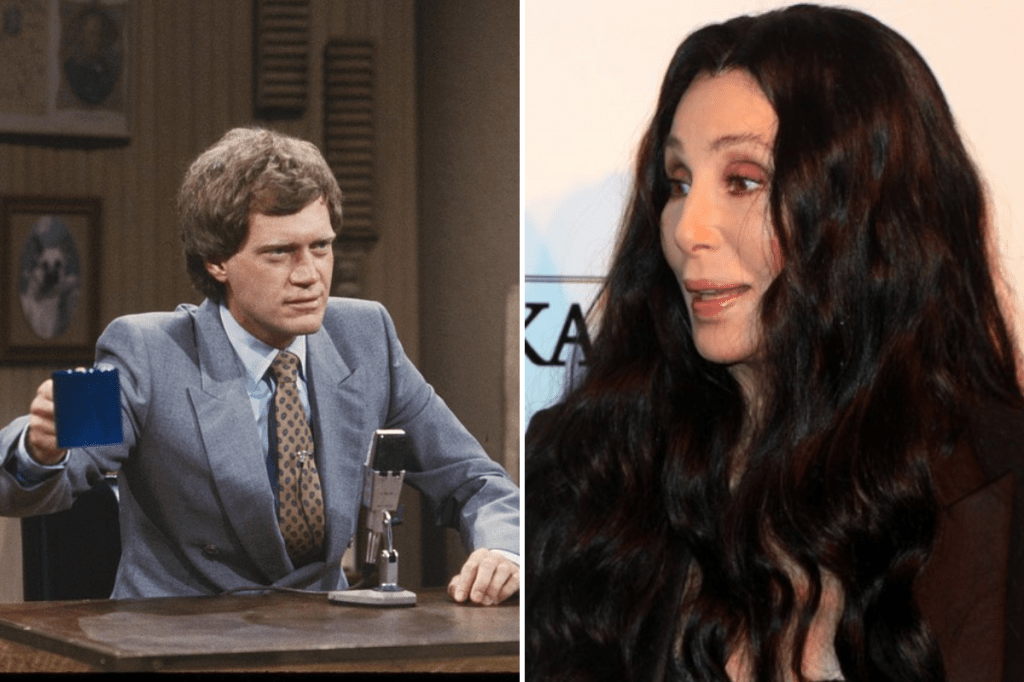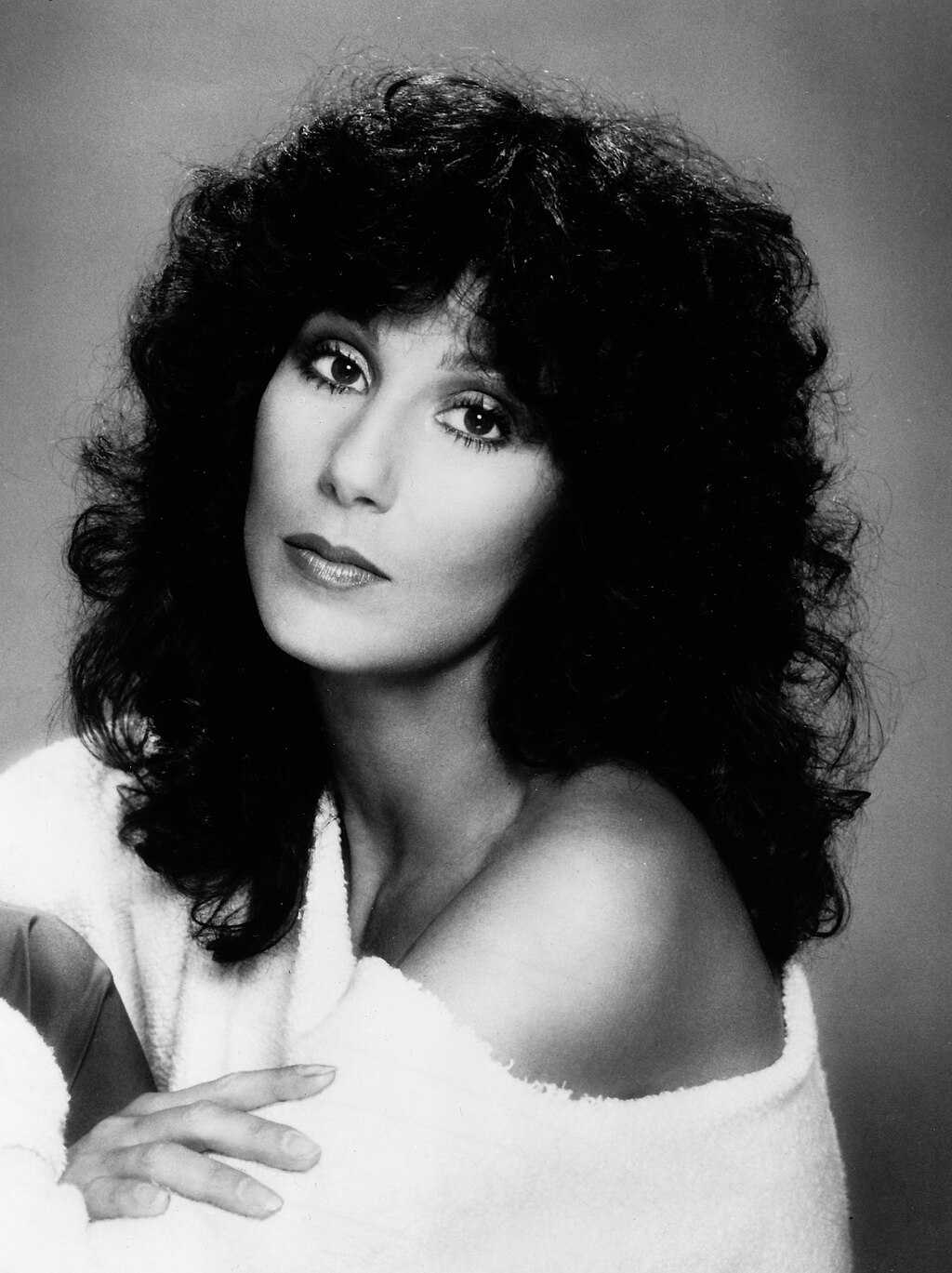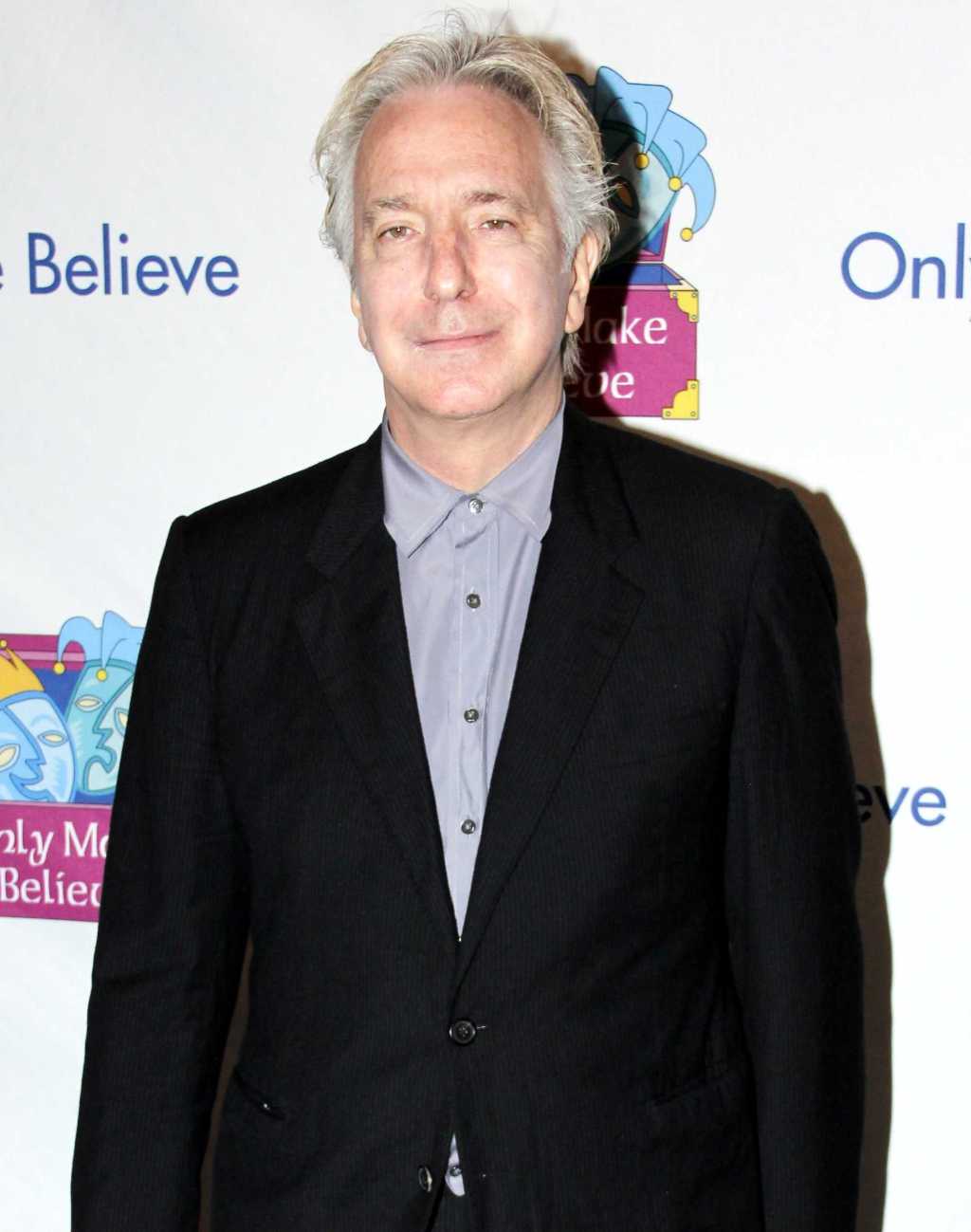Actor Olivia Munn has announced that she’s been diagnosed with an aggressive form of breast cancer and has undergone a double mastectomy, and her story is one all women need to read.
The 43-year-old, who has a 2-year-old son with comedian John Mulaney, shared her experience with photos, video and a written statement shared on Instagram.
“I was diagnosed with breast cancer,” she wrote in the post caption. “I hope by sharing this it will help others find comfort, inspiration and support on their own journey.”
Munn shared that she had taken a genetic test in February of 2023 in an effort to be proactive about her health and was relieved to find that she tested negative for all 90 cancer genes the test checked for, including the BRCA breast cancer gene. In the few months prior, she’d had a clear mammogram, so there wasn’t any indication that anything was wrong.
“Two months later I was diagnosed with breast cancer,” she wrote.
She explained that her OB-GYN had decided to calculate her Breast Cancer Risk Assessment Score, which takes into account age, lifestyle, family history, how old you were when you had your first child, and other factors that can impact your likelihood of having breast cancer.
When Munn’s score came back with a 37% chance of having cancer, she was sent to get an MRI, which led to a biopsy, which found Luminal B cancer in both breasts.
“Luminal B is an aggressive, fast-moving cancer,” Munn wrote. “30 days after that biopsy I had a double mastectomy. I went from feeling completely fine one day, to waking up in a hospital bed after a 10-hour surgery the next.”
Munn said she’s lucky because they caught it in time for her to have options. “I want the same for any woman who might have to face this one day. Ask your doctor to calculate your Breast Cancer Risk Assessment Score.” Her doctor says if the score is higher than 20%, you should have an annual mammogram and MRI starting at age 30.
According to CNN, there are two models commonly used as breast cancer risk assessment tools: the Gail Model and the Tyrer-Cuzick Risk Assessment Calculator. Both have online versions that allow you to calculate your score for free, (though you should always consult your doctor with any concerns you might have). Munn wrote that she wouldn’t have found her cancer for another year at her next mammogram if it weren’t for her doctor calculating her risk score.
She also shared more of what followed her unexpected diagnosis:
“In the past ten months I have had four surgeries, so many days spent in bed I can’t even count and have learned more about cancer, cancer treatment and hormones than I ever could have imagined. Surprisingly, I’ve only cried twice. I guess I haven’t felt like there was time to cry. My focus narrowed and I tabled any emotions that I felt would interfere with my ability to stay clearheaded.
I’ve tended to let people see me when I have energy, when I can get dressed and get out of the house, when I can take my baby boy to the park. I’ve kept the diagnosis and the worry and the recovery and the pain medicine and the paper gowns private. I needed to catch my breath and get through some of the hardest parts before sharing.”
Finally, she thanked all of her loved ones who have loved her through her breast cancer journey, including John Mulaney, who researched all of her medical procedures and made sure their son’s framed photo was the first thing she saw when she woke up. She also thanked the medical team who has been caring for her, from her OB-GYN to her oncologist to the nurses and hospital support staff.
Munn sharing her story could help other women who may not know their risk or who may be complacent about breast cancer screenings to take a proactive approach.
To learn more about breast cancer, visit the American Cancer Society or the Breast Cancer Research Foundation.

